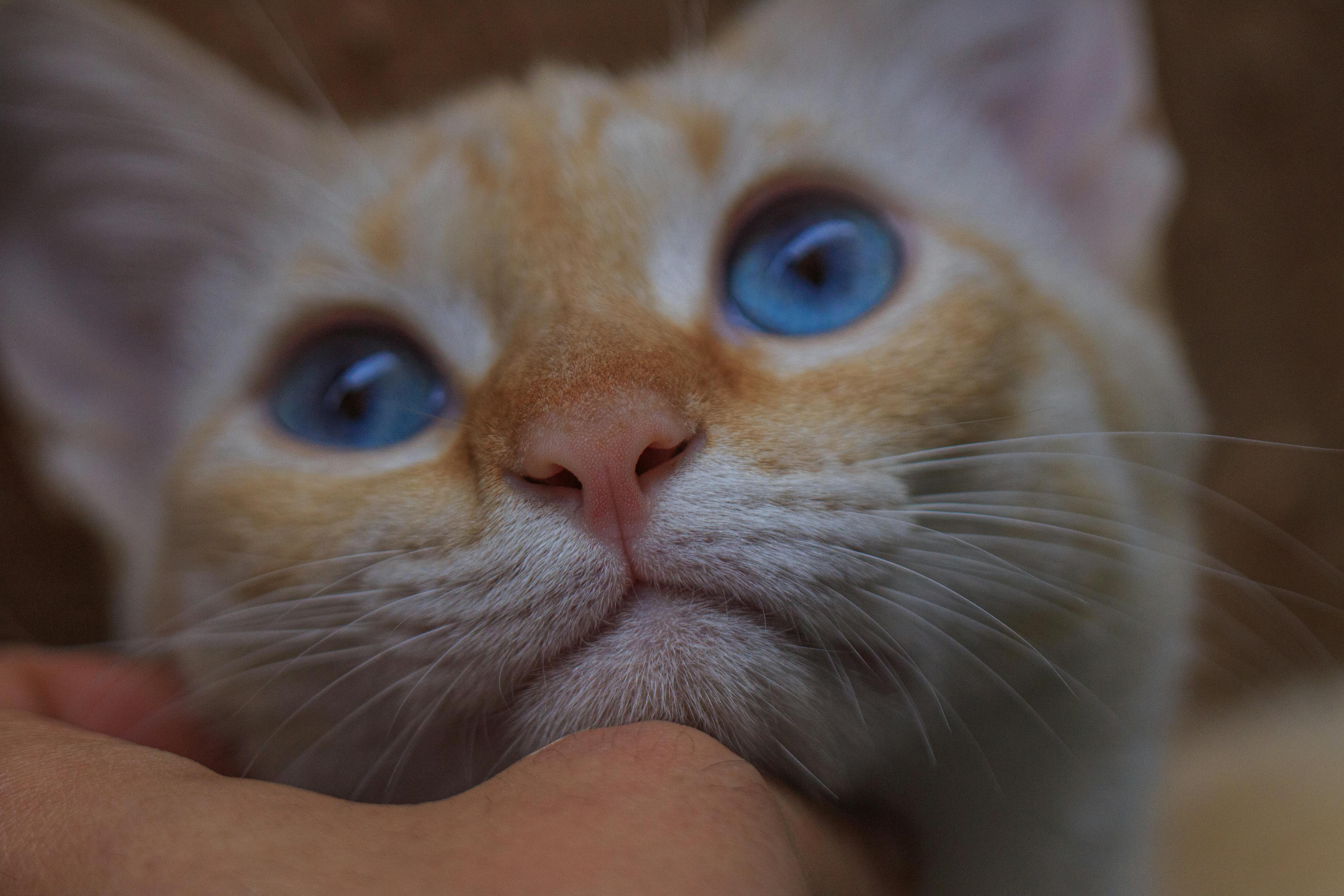
Pet Chinchilla – Lesser Known Facts
Chinchillas are attractive and popular pets. Many people prefer to take this furball home with them due to the chinchilla’s mild temperament. The choice of a rodent as a pet is very important due to its uniqueness. The pet owner must know the basic information related to these creatures. Are here some lesser known facts about the pet chinchilla.
Chinchilla lifespan
Chinchillas are a hundred-year-old species in a family of rodents. They can live in captivity for more than 20 years. Rabbits, Degus, and Guinea pigs live the shortest time, 2 to 7 years. The chinchilla’s lifespan depends on its balanced diet, fresh water supply, and enough space for exercise. Moderate temperatures are essential: if pets are exposed to heat for a long time, their lives are in danger.
During their relatively long life, chinchs change in size and weight, but maintain their cheerful temperament and curiosity.
The young are ready to move immediately after birth. Chinchilla chicks eat solid food at the age of seven days. At the age of 8 months they reach sexual maturity.
Dry bath
When you think of personal hygiene, you probably envision a shower, soap, and lots of water. In fact, chinchillas need a dry bath. What does it mean? These exotic pets clean their silky fur by rolling up a special powder. The owners have to offer this bath to their chinchillas three times a week. The procedure takes about 15 minutes. Rabbit-like rodents use the bathroom not only to keep their fur healthy. This bath is also a lot of fun for them.
Some owners may be allergic to dust, so people who intend to buy a chinchilla should consider this fact.
Chinchilla health problems
Heatstroke, diabetes, and broken bones are among the common health problems for chinchillas. Chinchs will need an air-conditioned place to live in the summer. These rodents are very sensitive to heat. Another thing to keep in mind is that the chinchilla cage should be placed away from fireplaces, direct sunlight, or even your kitchen. Another potentially deadly factor is humidity.
Digestion problems are also very common. The first thing an owner can do is provide the pet with balanced food or feed the chinchilla only hay. Liquid vitamin C is also a good first aid option.
Chinchillas often suffer from uneven or oversized teeth. To avoid this problem, the chinchilla’s parent should provide his pet with enough hay and sticks to chew on wood.
These are some of the lesser known chinchilla facts that everyone should know before deciding to get an exotic small pet. If you already have this creature at home, we hope that you will find useful information about chinchillas in this article.